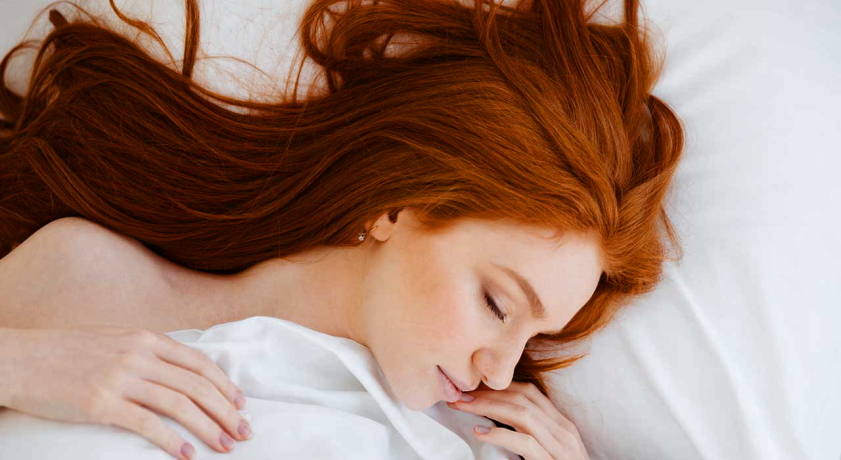It’s a known fact that lack of sleep is aging your skin, and there are hardly any spare hours to get rested throughout the day. With the busy schedule, increasing commitments, and early morning alarms, having seven to eight hours of good night’s sleep cannot always be practical. That being said, one of the most important contributions to your wellbeing, particularly your skin care, is a decent night’s sleep. When you change your sleeping patterns, develop a healthier lifestyle, and integrate a new beauty regimen, the effects would appear on the face. It is essential that you get enough sleep for your skin’s wellbeing, as enough sleep makes you look younger. The following are some of the skin advantages of sleeping:
Importance of Sleep to Skin
Following are some benefits of sleep for skin:
- Clear Complexion
The most common goal among most girls is to get clear skin, and they would also invest hundreds of dollars on beauty items to achieve this goal. Old skin cells will dull your skin complexion and jam up your pores, causing breakouts. Once you are asleep, certain old cells are replaced by new cells. As a consequence, the skin would be smoother and more vibrant.

- Reduce Puffy Eyes
Sleep deprivation also results in reddened or puffy eyes owing to inadequate circulation. When fluid accumulates in the region, it forces the face to look slightly bloated. In addition to having an adequate sleep, change your sleeping posture and lift your face and shoulders on your cushion. This would prevent the fluids from coming back, which is normal whether you have asthma, winter colds, or digestive problems.
- Cells in The Skin Are Repaired
Cell regeneration ramps up during the longest, most restful sleep, defined as the Delta phase, rising protein synthesis as well as the secretion of growth hormones. Consequently, the body’s cells continue to repair and multiply, which is vital in shielding the skin from unhealthy elements such as heat, sun exposure, and other toxic factors.

Tips for Better Sleep
- Cooler Room
Begin by reducing the room’s temperature. An overly hot room causes it difficult to sleep, which contributes to agitation. Even if you keep your eyes shut, you are unlikely to get a full seven hours of sleep. Reduce the heat by switching on the fan to maintain fresh air flowing so you can fall asleep more quickly.
- Choose Darkness
Secondly, make sure the atmosphere is as dim as possible. Every sign of light will interfere with your intention to get a good night’s sleep. This involves brightness from your alarm clock or the screen of a mobile. Where convenient, keep your gadgets in some other room and make your bedroom an ideal sleeping place.









